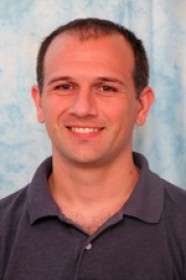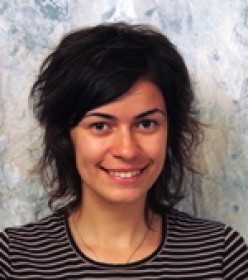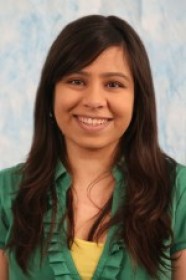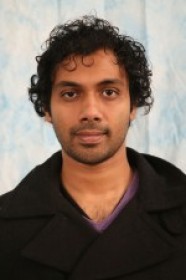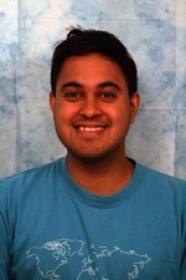Collaborative Representation for Person Re-identification
Event Location: NSH 1507Bio: Yang Wu received a BS degree and a Ph.D degree from Xi'an Jiaotong University in 2004 and 2010, respectively. From Sep. 2007 to Dec. 2008, he was a visiting student in the GRASP lab at University of Pennsylvania. From 2011 to 2014, he was a program specific researcher at the Academic [...]
Efficiently Sampling from Underlying Physical Models
Event Location: NSH 1305Abstract: Robots today have the capability to collect terabytes of data about their environment and travel kilometers in a single day, yet they are still constrained by one fundamental resource: time. Time limits the number of samples a robot can collect, sites it can analyze, and data it can return for review, [...]
Legible Robot Motion Planning
Event Location: GHC 8102Abstract: The goal of this thesis is to enable robots to produce motion that is suitable for human-robot collaboration and co-existence. Most motion in robotics is purely functional: industrial robots move to package parts, vacuuming robots move to suck dust, and personal robots move to clean up a dirty table. This type of [...]
3D Manipulation of Objects in Photographs
Event Location: NSH 1305Abstract: This thesis describes a system that allows users to to perform full three-dimensional manipulations to objects in photographs. Cameras and photo-editing tools have contributed to the explosion in creative content by democratizing the process of creating visual realizations of users' imaginations. However, shooting photographs using a camera is constrained by real-world [...]
Articulated 3D SLAM
Event Location: NSH 3305Abstract: Consider a robot arm with a hand-mounted sensor. In order to interact with and understand the world, the robot must be able to reconstruct it using its sensor by moving its joints to scan the scene. If the robot's kinematics are known with absolute certainty, the problem is the simple 3D mapping problem. [...]
Predicting Sets and Lists: Theory and Practice
Event Location: NSH 1305Abstract: Increasingly, real world problems require multiple predictions while traditional supervised learning techniques focus on making a single best prediction. For instance in advertisement placement on the web, a list of advertisements is placed on a page with the objective of maximizing click-through rate on that list. In this work, we build [...]
Bayesian Aggregation of Evidence for Detection and Characterization of Patterns in Multiple Noisy Observations
Event Location: NSH 1305Abstract: Effective use of Machine Learning to support extracting maximal information from limited sensor data is one of the important research challenges in robotic sensing. This thesis develops techniques for detecting and characterizing patterns in noisy sensor data. Our Bayesian Aggregation (BA) algorithmic framework can leverage data fusion from multiple low Signal-To-Noise [...]
Do Deep Nets Really Need To Be Deep?
Event Location: NSH 1507Bio: Rich Caruana is a Senior Researcher at Microsoft Research. Before joining Microsoft, Rich was on the faculty at the Computer Science Department at Cornell University, at UCLA’s Medical School, and at CMU’s Center for Learning and Discovery (CALD). Rich’s Ph.D. is from Carnegie Mellon University, where he worked with Tom Mitchell [...]
Towards context-ready tagging: Solutions and open challenges of implicit tagging in the real world
Event Location: NSH 1507Bio: Hayley Hung is an Assistant Professor and Delft Technology Fellow in the Pattern Recognition and Bioinformatics group at TU Delft, The Netherlands, since 2013. Between 2010-2013, she held a Marie Curie Intra-European Fellowship at the Intelligent Systems Lab at the University of Amsterdam. Between 2007-2010, she was a post-doctoral researcher at [...]

